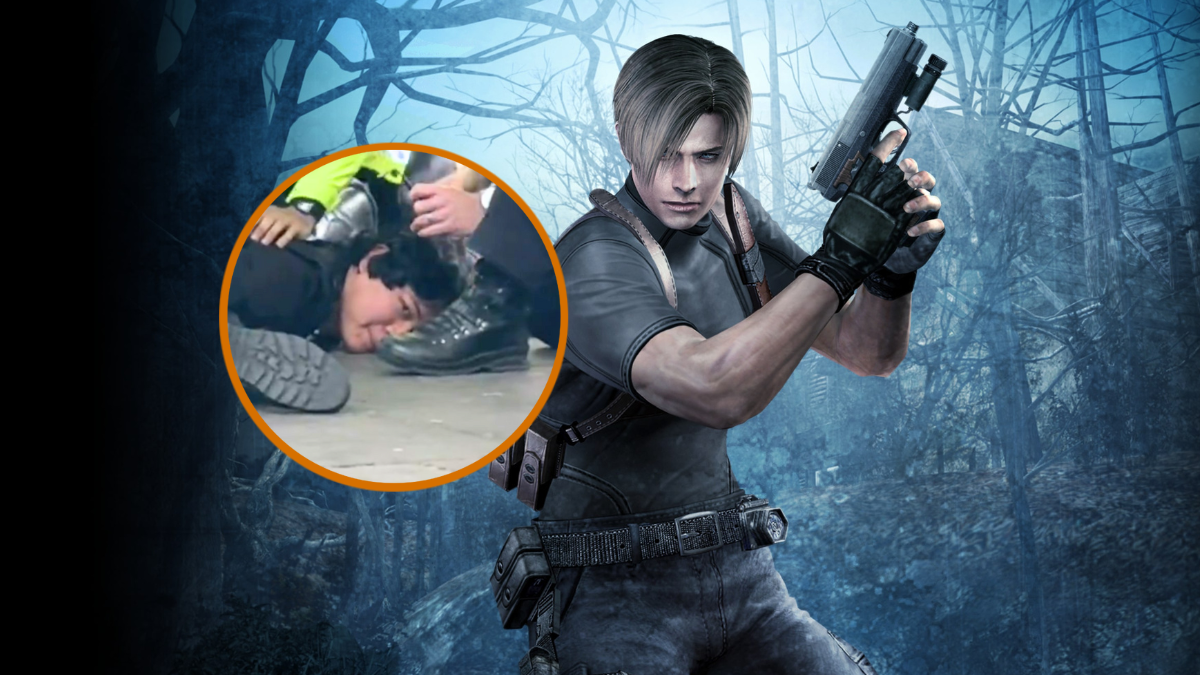One of the most exciting magic classes in Dungeons And Dragons 5th edition is the Warlock. Unlike other magic users, Warlocks gain their power by making dark pacts with otherworldly creatures. These pacts define the Warlock and affect what skills they’ll end up with.
Because of this, each Warlock is very different. They can be played in many different ways and have many different combinations of skills.
Picking Your Patron
When creating a Warlock, the first choice you need to make is which Otherworldly Patron you’ll go with. Your Patron will inform both your roleplay and your combat strategy. When picking a Patron, you should think about how your character encountered the Patron and why they decided to make a pact with this being. Also, think about how your deal affects your character’s life and what they have to do for the Patron in return.
If you make your pact with the Archfey, you’ll get the Fey Presence ability at 1st level. This ability allows you to frighten or charm groups of creatures. Combine this with the Sleep spell from the Archfey’s expanded spell list, and you’ll be an excellent support who can easily control crowds and make opportunities for your allies.
However, if you take The Fiend, you’ll get access to the Dark One’s Blessing ability at 1st level, which gives you extra hit points whenever you reduce a monster to 0 hit points. This extra durability can be helpful when fighting mobs, allowing you to balance spells and physical combat.
The Great Old One patron, on the other hand, gives you the valuable Awakened Mind ability at 1st level, allowing you to telepathically communicate with other beings, regardless of language. This ability, while not damaging, lets you talk your way out of awkward situations. The Great Old One’s expanded spell list also gives you access to Dissonant Whispers and Tasha’s Hideous Laughter at 1st level, both of which are helpful crowd control and support abilities.
Eldritch Invocations
When you reach the 2nd level, you get access to Eldritch Invocations. These fragments of forbidden knowledge allow you to boost your magical ability. However, each Eldritch Invocation has prerequisites, so it’s best to plan out what you want to take in advance to make sure you have all the prerequisites.
If you’ve taken the Eldritch Blast cantrip as part of your magical loadout, then consider taking either the Agonizing Blast, Repelling Blast, or Eldritch Spear invocations, all of which improve Eldritch Blast, making this already good spell even better.
At 2nd level, you’ll also have access to some very useful utility Invocations. Eldritch Sight lets you cast Detect Magic for free, and Armor Of Shadows allows you to cast Mage Armor without using spell slots. These Invocations let you cast more spells per rest, which can be very useful during longer fights.
Pact Boon
When you reach 3rd level, you’ll gain access to one of three Pact Boons. Your choice of Pact Boon will help round out your character and influence the decisions you make going forward.
For instance, if you take the Pact Of The Tome, you’ll get a book called the Book Of Shadows, as well as three cantrips of your choice, even if they’re not on the Warlock spell list. If you combine this with the Book Of Ancient Secrets Eldritch Invocation, you’ll be able to cast certain spells as rituals. While casting as a ritual takes longer, it doesn’t use up your spell slots. This makes many utility spells more viable and means you can cast more spells per day, which is extremely useful.
Pact Of The Blade allows you to create a pact weapon that can be summoned and dismissed at will. This weapon is valuable and, due to its magical nature, it can overcome some damage resistances and immunities. As you progress through the levels, you can take Eldritch Invocations that boost the power of this weapon or give it extra attacks.
The Pact Of The Chain allows you to cast Find Familiar as a ritual spell. This familiar has many uses, as you can use an action to look through its eyes and use it to cast touch range spells over long distances. You can also give up an attack to allow your familiar to strike a foe. If you combine this with the Voice Of The Chain Master Eldritch Invocation, you’ll be able to see through your familiar’s eyes without using an action. This turns your familiar into a fantastic scout that can efficiently survey dangerous or hard-to-reach areas.
Playing As A Warlock
No matter what powers you pick, the key to playing a Warlock is spell slot management. You’ll have to quickly decide the best time to use your limited spell slots to get the most use out of them. Spend some time reading over your spell descriptions and either make notes of (or try to remember) the general details of what each spell does and how much range it has. Make sure to note if spells require concentration. If you want to cast a spell that needs concentration, make sure to find some cover before casting it. There is no point consuming the spell slot if the spell instantly gets broken. Also, try to remain aware of how many spell slots you have left and try to take a short or long rest if you’re running low on them.
Always try to play to your strengths and try to get into positions where you can make full use of your Pact features and any Eldritch Invocations you’ve taken. However, don’t underestimate how versatile you are. Warlocks are very flexible and can easily transition between offense and support when the situation calls for it. With thoughtful spell choice, it is easy to take both roles at once and, while it is not the strongest or toughest class around, the Warlock is more than capable in physical combat and can take quite a few hits before falling.
The Warlock is one of the most versatile Dungeons And Dragons classes. It has lots of options, both mechanically and for roleplay. A Warlock’s interactions with their Patron allow for some very memorable scenes at the table. And by mixing and matching your various skills, you’ll be able to pull off many creative feats and solve problems in many fun and unique ways.










Published: Jul 27, 2021 07:04 pm